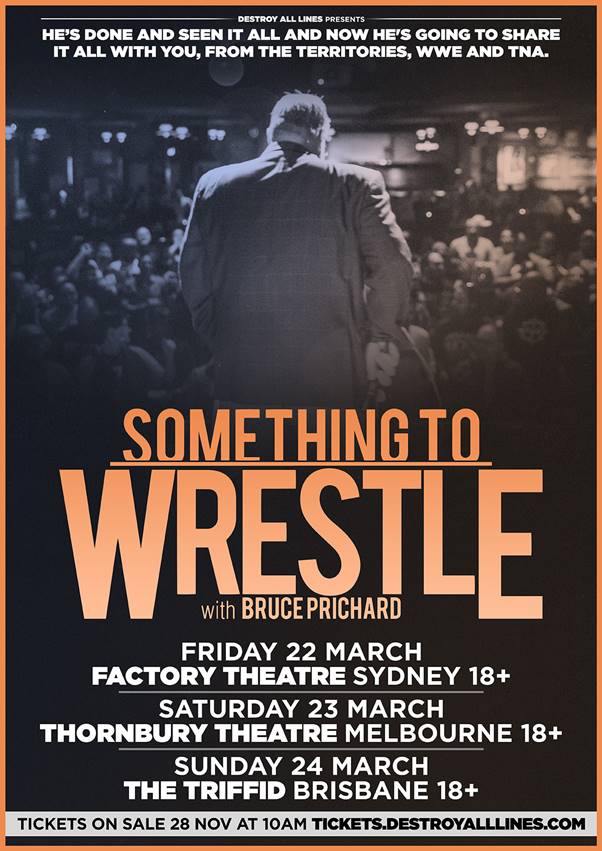Bruce Prichard is a professional wrestling personality perhaps best known as a manager and producer for World …
In the late 90s, the music industry was bothered by the prevalence of so-called illegal downloading, which Lars Ulrich (Metallica) said was ruining the industry. In 2003 a tectonic shift occurred as emerging, and unsigned artists started using social networking site Myspace as a method to share songs and gain popularity, significantly eroding record labels near-century old dominance and forcing a swag of mergers.
Myspace would relaunch as a music only site in 2012 after losing the battle for a volume of users with Facebook around 2008. However, its short reign as a powerful platform ended as users migrated en-masse to Mark Zuckerberg’s emerging behemoth.
The global reach and popularity of Facebook are unprecedented in human history. The scale of the social media giant’s reach forced artists to adapt and produce content for an audience amongst its 2.38 billion users (May 2019).
The everyday familiarity of Facebook spawned competing social networking services Twitter, Instagram, Snapchat, and YouTube. These platforms became popular as smartphone technology evolved; each service became an ‘app’ for users to stream content wirelessly over mobile data networks.
Image by William Iven from Pixabay
According to Kate Franklin at Yahoo Business, 99% of new songs and videos launch on social media platforms. There is no commercial model for an artist to extract a fee from users directly for listening or watching content over Facebook, Twitter, YouTube, and Instagram so they must build a compelling presence enticing users to pay for other products and services.
Ali Parmelee writes that the most effective method of achieving marketing objectives on Facebook is through Ads rather than to Boost a post. Ads Manager offers an enormous selection of options such as the Lookalike Audience feature which, according to custora.com, “…enables marketers to target a larger audience of prospects that share important characteristics with specific customer segments.”
Despite its critics, Ashley Cullins states that streaming music services have contributed billions into the music industry. Social media has played a significant role in directing traffic to platforms such as Spotify and Tidal, helping artists earn an income.
There are many critics of the reach of social media and the power that owners of the platforms yield, however, the music industry has evolved to embrace the opportunities it presents.





